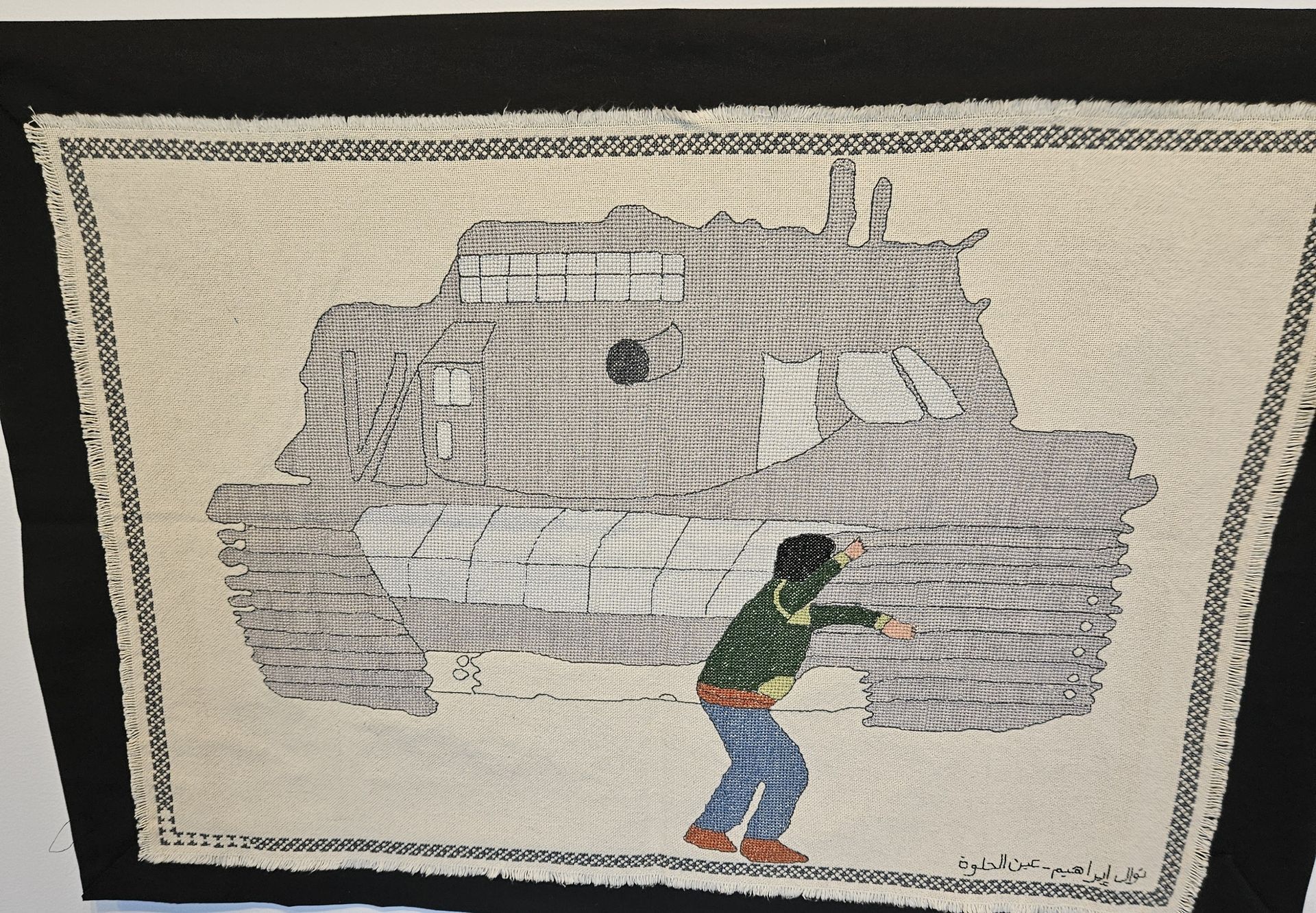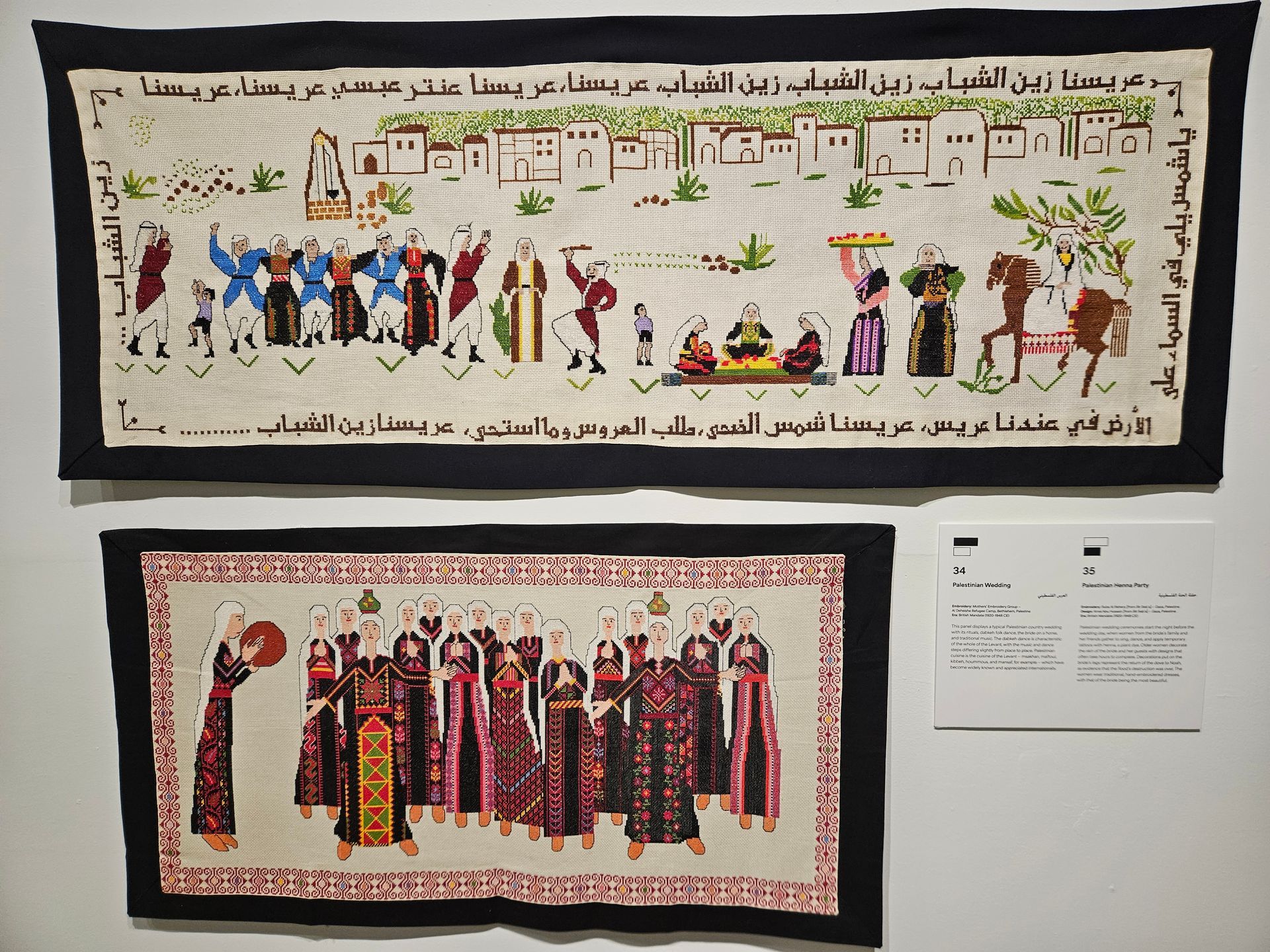
Repudiation, Apologies, Reconciliation

The Reconciliation Vision
Reconciliation is a theological concept with profound human implications. Christians believe that the Creator has created humanity in its entirety – sisters and brothers – the global human family in all its diversity. People of faith will recognize that this as a core theological conviction challenging any and all racism. Commitment to the Creator's vision evokes love and respect, care and compassion, justice and truth, dialogue and healing work. Practically we seek to realize the Golden Rule to "treat others as you would want to be treated." We are called to know and care for "all our relations."
But the reality of human existence is that humans have not been faithful to the Creator’s hoping, yearning, and loving. Humanity in many ways breaks the bonds of mutual respect, caring, and justice. It has grasped for itself many reasons to dominate, hate, abuse, use, exploit, subjugate, and deprive the other – people, other creatures, and the Earth itself.
The Creator keeps calling people to faithfulness and provides the Way of Love and various means that lead towards reconciliation that ends brokenness and restores the global family in all its diverse manifestations to wholeness. This is the global meta framework within which all efforts to renew the relations between Indigenous Peoples and Colonial Settler power is set.
Canada’s Broken Family
In Canada, the relationship between Indigenous Peoples and the Colonial Settler peoples was broken from its earliest beginnings. Even before European explorers and their successors crossed the Atlantic, they had in hand and mind a 15th Century illegitimate and imperialistic Papal mandate. It allowed them to claim for their monarchs all “discovered” lands and resources and the right to subjugate and force conversion upon Turtle Island’s Indigenous Peoples.
From day one, Indigenous inhabitants experienced the explorer/settler as superior and dominant, treating Indigenous peoples as inferior and not fully human. The home of the Indigenous Peoples - lands and waters - were little more than commodity storehouses for European/settler exploitation, initially as traders and later as proprietors.
Indigenous peoples themselves were no longer "at home" in their own environment. Instead they became subjects of Crowns and their governments from whom Indigenous Peoples were required to seek rights, privileges, and benefits. Self-determination ended and assimilation into the Settler way became the colonial goal. Cultural genocide.
This asymmetrical relationship has continued since day one. The Indian Act of 1876 and its many amendments codified the arrangement now administered by two ministries of the Federal Government. Even though there is increasing clarity that the legal base to maintain this broken relationship is crumbling, it continues. Governments have been unable or unwilling to repudiate the faux theological validation of their dominating sovereign role. The Doctrine of Discovery and terrae nullius are the implicit foundation of Settler / Indigenous brokenness.
Settler Canadians must now decide whether to just live apathetically with an evolving, turbulent status quo, or to resist change altogether choosing assimilation, or to enter into the fray that seeks to renew the relationship between Indigenous Peoples and Settler Peoples. I believe that the Creator and humanism’s highest aspirations call us all to the third alternative – the dream of equality, shared needs and resources, and justice for all fulfilled.
Thisi s no easy task. “…The process is about relationships and therefore will be more like a spiral than a once-and-for-all solution. For another, every community has a different context and different challenges to address.”* But it is the task that has integrity and it aligns with the vision of Reconciliation for the entire human family and all Creation.
Apologize
An early step in this process is to apologize. During the last four decades, numerous apologies have been issued about the harm-filled ways Settler peoples have dealt with Indigenous Peoples.
In 1986, The United Church of Canada through its General Council apologized to First Nations Peoples for having
“confused Western ways and culture with the depth and breadth and length and height of the gospel of Christ, … imposed our civilization as a condition of accepting the gospel; tried to make you be like us and in so doing we helped to destroy the vision that made you what you were. As a result, you, and we, are poorer and the image of the Creator in us is twisted, blurred, and we are not what we are meant by God to be.”
In line with the Vision above, the apology concluded by requesting Indigenous People “ to forgive us and to walk together with us in the Spirit of Christ so that our peoples may be blessed and God’s creation healed.”
In 1998, the General Council Executive issued another statement of apology, “To former students of United Church Residential Schools, and to their families and communities.” Spoken by the then Moderator, the Rt.Rev. Bill Phipps, the Executive apologized for the pain and suffering that the church’s involvement in the “ill-conceived system of assimilation has perpetrated on Canada’s First Nations peoples.” The Executive committed “to work toward ensuring that we will never again use our power as a church to hurt others with attitudes of racial and spiritual superiority.” (https://united-church.ca/sites/default/files/apologies-response-crest.pdf)
In 1993 Archbishop Michael Peers of the Anglican Church of Canada offered his apology on behalf of the denomination to native peoples.
“… I accept and I confess before God and you, our failures in the residential schools. We failed you. We failed ourselves. We failed God. I am sorry, more than I can say, that we were part of a system which took you and your children from home and family. I am sorry, more than I can say, that we tried to remake you in our image, taking from you your language and the signs of your identity. I am sorry, more than I can say, that in our schools so many were abused physically, sexually, culturally and emotionally. On behalf of the Anglican Church of Canada, I present our apology…." (https://www.anglican.ca/tr/apology/english/)
In 1994 the General Assembly of the Presbyterian Church in Canada confessed its part in the Residential School system and sought the forgiveness of those affected, acknowledging the arrogance of both Government and Church that was part of the entire Schools program. (http://www.presbyterian.ca/ministry/canada/nativeministries/confessions)
The Roman Catholic Church leadership has not yet made a formal apology, though pressure from both the Truth and Reconciliation Commission (TRC, Call to Action #58) and the 2021 discovery of children’s remains in many School yards has heightened the public awareness of this large gap in apologies. The Conference of Canadian Catholic Bishops is organizing a trip for Pope Francis to come to Canada with an apology. It is not known whether the presumed apology will go beyond the denomination’s participation in the Residential Schools system and include an apology for the two key Papal edicts undergirding colonialism and subjugation of Indigenous Peoples.
Finally, in a special ceremony in the House of Common on June 11, 2008, then Prime Minister Stephen Harper offered the Apology of the Government of Canada for the “sad chapter in our history” – the treatment of 150,000 children forcibly removed from homes to into 132 federally-supported schools. The system sought “to kill the Indian in the child” because “being Indian” was deemed inferior and unequal in Canadian society.
“The Government of Canada recognizes that the absence of an apology has been an impediment to healing and conciliation. Therefore, on behalf of the Government of Canada and all Canadians, I stand before you, in this Chamber so central to our life as a country, to apologize to Aboriginal peoples for Canada’s role in the Indian Residential Schools system.” … “There is no place in Canada for the attitudes that inspired the Indian Residential Schools system to ever prevail again.”
In the Apology, the Prime Minister specifically referred to the work of the TRC as an educational resource for all Canadians to renew the broken relatioship.
“It will be a positive step in forging a new relationship between Aboriginal peoples and other Canadians, a relationship based on the knowledge of our shared history, a respect for each other, and a desire to move forward together with a renewed understanding that strong families, strong communities, and vibrant cultures and traditions will contribute to a stronger Canada for all of us.”**
Apologies, Symptoms, Reconstruction
There are more apologies, including one for Newfoundland and Labrador Indigenous people not included in the 2008 apology. One could even consider the "land acknowledgements" widely expressed in public gathering as a form of apology recogizing Indigenous dispossession of their lands. Reasons for apologizing to Indigenous Peoples are many.
What has surprised me is that these apologies do not address the Doctrine of Discovery or the terrae nullius concept. Both of these historic relics lie at the heart of the broken relationship between Canada’s Indigenous Peoples and the Settler society and its government. They launched in Turtle Island an alien and unwelcome assumption and a mindset that placed Explorer/Settler humanity above and in control of all that had long been Indigenous humanity and organized Canadian society around those key concepts.
Apologies have addressed not the foundational basis that subjugated and oppressed Indigenous Peoples, but mainly the symptoms which result from the founding concepts. The countless symptoms which burdened Indigenous Peoples are the direct result of the heretical theology and mindset articulated in the arrogant and politicized Papal Bull issued in 1493.
Repudiating these two concepts and dismantling the sandcastles built upon them were not addressed by the apologies. Repudiation came only decades later, when in 2010 The Anglican General Synod followed in 2012 by the United Church and the World Council of Churches, and in 2019 the Presbyterian Church in Canada repudiated these false doctrines! The government of Canada abandoned the concepts as a legal basis in the 1990s, but in practice maintains the structures built upon the concepts - implicit validation.
Repudiate
The Doctrine of Discovery and the terrae nullius fiction did not fall from heaven’s sky as revelations waiting to be promulgated. They were the result of Papal politics in Europe to keep “Christian” monarchs from warring against each other over “discovered” lands and their resources - power and greed. It was Pope Alexander VI's way to maintain peace in Europe, while creating hell in far off Turtle Island.
Whether the Pope gave any thought to human rights, national sovereignty, and freedom of religion will require research, but McGill scholar Peter Leuprecht reports that scholars, like Francisco de Vitoria at the University of Salamanca in the early 16th century, were discussing the validity of forced conversions and the Pope’s presumed power to permit explorers to dispossess and convert “barbarians”. After all, even these “barbarians” were masters of their own domains and had the right to govern their territories and people!< Only centuries later did these conversations issue in universal declarations; but even the declarations are far from being implemented globally.***
As long as these heretical and racist Vatican edicts are maintained implicitly as core concepts, there can be no lasting and honourable reconciliation between Indigenous and Settler communities in Canada. Their false principles must not only be repudiated, churches and other communities of good faith must press governments to explicitly and implicitly abjure the validity and authority of the edicts, AND reassess the "fruits" that issued from their superiority and hubris. What was constructed and implemented by colonial governments upon these conceptural frameworks has created immense evil, injustice, and suffering for Indigenous Peoples.
Build Together Towards Reconciliation
Apology and repudiation are still only essential first steps on the way to the reconciliation vision. Really required is settlers with a new humble, contrite heart s - reflective of the apologies, working as equals with Indigenous people committed to deconstruct the unjust sandcastles built and to develop real plans for a house in which all Canadians can flourish. Visionary, courageous and informed leaders of both Indigenous and Settler communities need to work together in good faith to create a new society based on shared human values and assumptions. Respectful relations, equitable sharing, and gracious caring together can move Canada toward a thriving and just society
Will it happen? The Creator is beyond our comprehension, let alone control, but continues to call the diverse human family toward healing and wholeness - reconciliation. Miracles happen when love – the principal sign of the Creator’s presence – permeates all the nooks and crannies, hills and dales of living. May it be so.
~ ~ ~ ~ ~ ~ ~ ~ ~ ~ ~ ~ ~ ~ ~ ~ ~ ~ ~
*Justice and Reconciliation – The Legacy of Indian Residential Schools and the Journey Toward Reconciliation: a Resource for Congregations." Toronto. The United Church of Canada/L’Eglise Unie du Canada. 2001. P.5
** Regrettably in the next year at the G20 meeting, Stephen Harper hollowed out his words by stating publicly: “We also have no history of colonialism. So, we have all of the things that many people admire about the great powers but none of the things that threaten or bother them.” Cited in Joesph, Bob, 21 Things You May Not Know about the Indian Act. P. 88.
***Peter Leuprecht, “Reason Justice and Dignity – a Journey to Some Unexplored Sources of Human Rights” Leiden, The Netherlands. Martinus Nijhoff Publishers. Copyright: Koninklijke Brill NV, 2012. Chapter 3.

